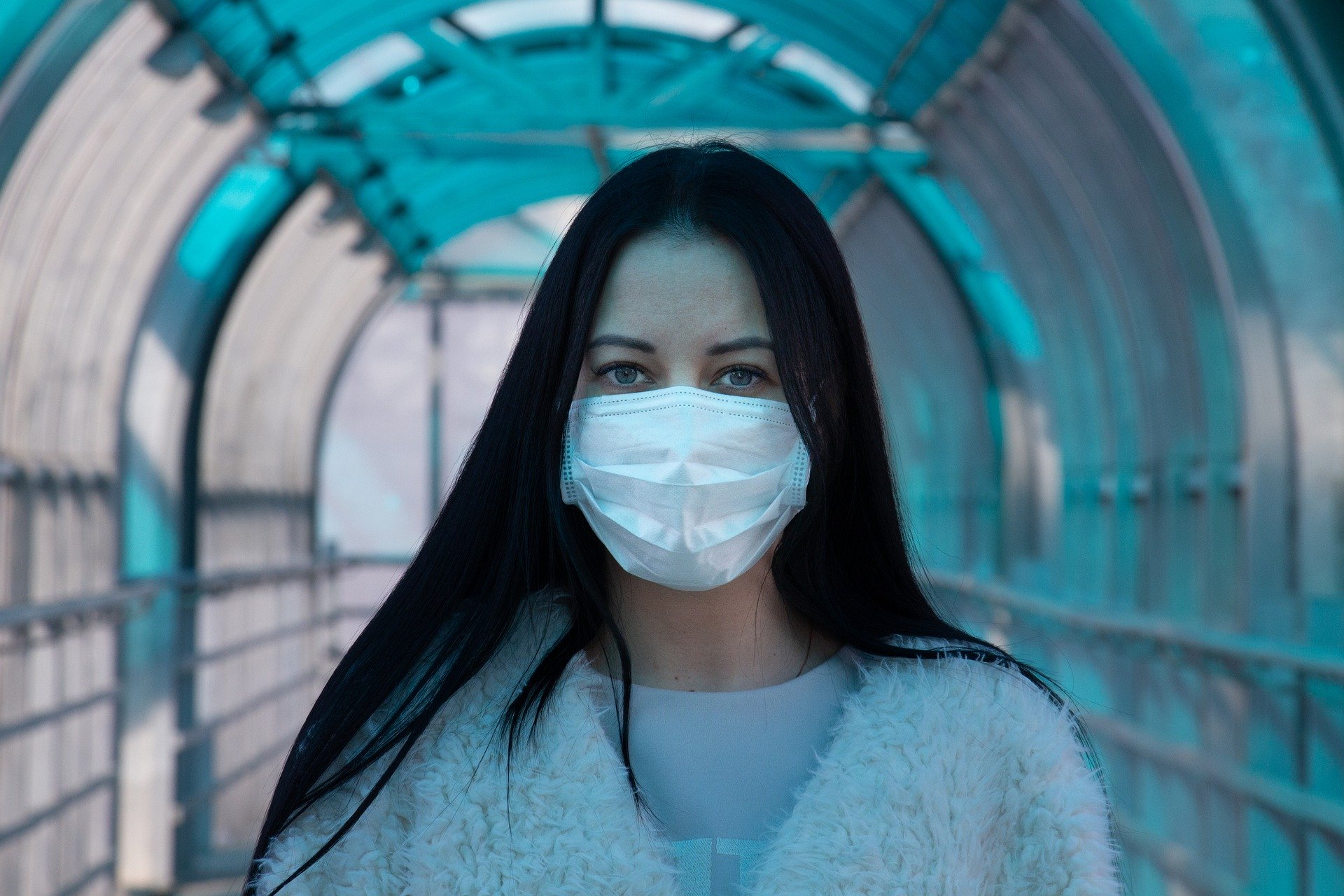
At first, when the shutdown was announced, I joked that my lifestyle as a widowed parent had become fashionable. If a government minister hadn’t announced on television that the bars and restaurants were closing I’m not sure I’d have noticed. After self-isolating for years, I felt as if the world had come to me. I could grab an extra hour in bed instead of getting the children ready for school; otherwise life, with a few small adjustments, would carry on as usual.
In fact the impact was devastating. My delicately framed routine hinged on being able to work in the quiet of the house while my children were in school. Now they were home, the boundaries fell away. I was catapulted back to the days after my wife died, when school, work, housekeeping and shopping bled into each other. The sense of deja vu was intensified as I realised the country was in mourning. People’s lives had been torn apart, their schedules collapsed, their hopes for the future gatecrashed by death. They blazed through the Kubler-Ross stages of grief. There was denial: ‘It’s just a bad flu’; ‘it’s a media hype’; ‘a few old people will die and then it’ll go away.’ Bargaining: ‘If we all stay locked inside our homes, the virus will go away.’ Anger: ‘Why is my neighbour walking the dog again?’ Depression: ‘This lockdown will never end’; ‘things will never be the same again’. I witnessed an extraordinary amount of magical thinking. From following homespun remedies to stop the infection by gargling honeyed tea to the belief that the police and army could dispel the virus like a drunken mob. People sought solace in fantasies of an authoritarian state, as if sacrificing their liberties would appease the virus. Everyone became obsessed with the numbers, and the graphs that showed the disease seeping through their towns, cities and countries. They willed the numbers to come down, like children racing raindrops down a window pane, but the virus was merciless and the numbers continued to rise.
My wife died of cancer six years ago. Technically, cancer doesn’t kill you: it weakens and sabotages your body until something else does. In her case the end came when the tumours spread to her lungs, causing acute respiratory failure. She spent her last hours in a hospital room, hooked up to a ventilator, her lungs filling up with fluid. That image haunted me constantly as I read the stories of crowded intensive care wards and the scramble to source breathing equipment. Sometimes when people approach too near in the street or supermarket I imagine what they would look like in one of those beds, and back away. When I go outside I behave as if I am radioactive, seek out the quiet spots and cross the street to avoid others.
In time we will achieve acceptance: this disease will not simply go away, and whatever rules we enforce, however strictly we police ourselves, it will kill thousands before it can be subdued. It’s dispiriting to see people seek refuge in the false security of an East German-style surveillance state. Even in the depths of a pandemic, a society built on trust and openness is safer than one that depends on fear and suspicion. Aspiring dictators are seizing their moment: Orban has suspended Hungary’s parliament, Netanyahu is neutering the Supreme Court. China has sent doctors in face masks to Italy to berate the country for not being oppressive enough, when we know that face masks on asymptomatic people are a worthless accessory, the infection rate in Italy has been declining for weeks and the Chinese government is a despotic regime that locks up and murders its citizens without remorse. We must store away our freedoms, not give them away under duress.
But having survived this sense of hopelessness once before, I feel better inoculated against it than many people. There have even been some benefits: now that isolation has become the norm, my social life has actually improved as people have started to congregate from their living rooms. I know that better times will come, even if things get worse first. I know that normal life, when it returns, will not be the same, but nor will it be as daunting as it seems now. I know that loneliness and isolation can be as destructive and that social contact is an intrinsic human need. I know that it’s possible to devise a routine that balances work, home schooling, housekeeping and leisure. I know that looking after your physical health and taking opportunities to exercise safely can make a huge difference to your mental well-being. I know that developing a drink or drug addiction right now will only add to your list of woes. I know, most of all, that this state of being is temporary and the early days are the most difficult. We will get through this and be stronger for it, as long as we guard against making rash decisions as individuals – or as societies.
Wow, thanks Gordon. Moving words.